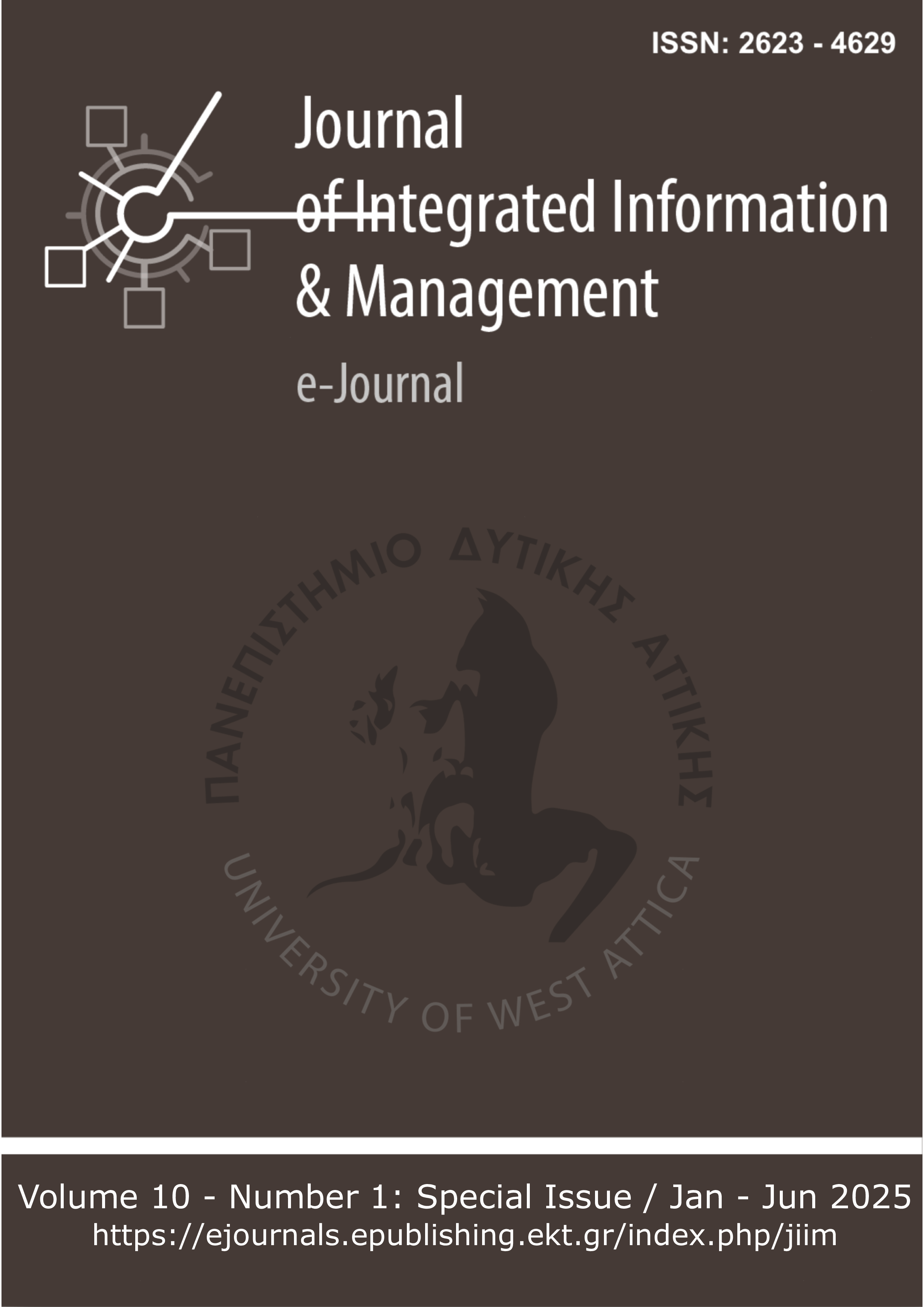Archives, Reading Promotion, and the City Investigating Archival and Library Science Students’ Attitudes toward the educational role of historical and literary archives in Reading Engagement

Abstract
Purpose - This study explores the attitudes of students in the Department of Archives, Library and Information Studies (ALIS) towards the educational role of literary and historical archives in Reading Engagement practices. It focuses on literature as a tool for shaping historical memory and the city as a field of reading and experiential involvement.
Design/methodology/approach - A qualitative approach was adopted, utilizing focus group discussions and open-ended questionnaires. A total of 42 students participated in four focus groups, with 20 providing valid questionnaire responses. The case study centered on the literary representation of 20th-century Athens.
Findings - Participants acknowledged the significant role of libraries and archives in promoting reading culture and fostering historical awareness. They proposed creative practices such as reading groups, collaborations with cultural institutions, and workshops linking literary materials to historical events.
Originality/value - This study contributes to understanding the evolving role of Information Science as a mediator of education. It underscores the importance of enhancing literary and archival literacy among future professionals. Furthermore, it highlights the potential of literary and historical collections to foster multiple literacies (historical, cultural, and digital) among users and to support the social role of Information Organizations as interdisciplinary, participatory, and experiential learning environments.
Article Details
- How to Cite
-
Michailidis, T., Zampakolas, C., & Giannakopoulou, F. (2025). Archives, Reading Promotion, and the City: Investigating Archival and Library Science Students’ Attitudes toward the educational role of historical and literary archives in Reading Engagement . Journal of Integrated Information Management, 10(1), 35–48. https://doi.org/10.26265/jiim.v10i1.42137
- Section
- Research Articles

This work is licensed under a Creative Commons Attribution-NonCommercial 4.0 International License.
Copyright Notice
Authors who publish with JIIM agree to the following terms:
- Authors retain copyright and grant the journal right of first publication with the work simultaneously licensed under a Creative Commons Attribution Non-Commercial License that allows others to share the work with:
- An acknowledgment of the work's authorship and initial publication in this journal.
- Authors are permitted and encouraged to post their work online (preferably in institutional repositories or on their website) prior to and during the submission process, as it can lead to productive exchanges, as well as earlier and greater citation of published work.





